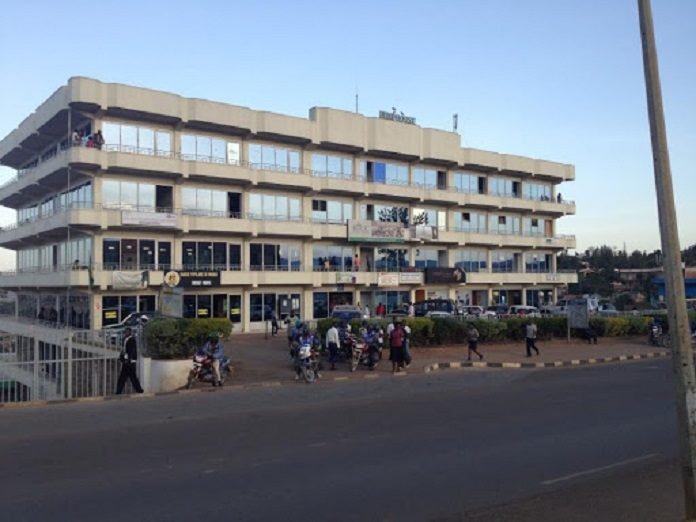
Private universities, which enrol over half of Rwandan higher education students, are concerned that the prolonged shutdown of educational institutions as a result of the COVID-19 pandemic will not only result in a loss of students, but academic staff as well.
The government of Rwanda earlier this month eased lockdown measures for businesses but extended the closure of universities and schools until September. This means that if they open in September, universities will have been closed for more than six months since the initial lockdown in March.
“Private universities largely depend on the fees … If we don’t have students and lecturers are not working, it means the universities’ future is bleak,” Dr Callixte Kabera, the president of the private universities’ association in Rwanda, told University World News in an interview.
“As private universities, we predict high numbers of dropout cases due to COVID-19 and the long period that universities will remain shut,” he said.
He said those students who usually pay for themselves were employees in private companies which are either suspended or unable to pay them.
Others, Kabera said, source their school fees either from parents or other sponsors – all of whom are economically hit by the pandemic.
Dropout rates
Kabera, who is the vice-chancellor of the University of Tourism, Technology and Business Studies in the capital city of Kigali, said the dropout rate would vary from university to university.
“Initial predictions show that my university will experience a 20% dropout rate at the beginning of the year and we fear that the number may go far beyond that in other universities,” he said.
“We also fear that given that some universities are not able to ensure the welfare of lecturers and other staff, those who get other opportunities will look for jobs elsewhere.”
Kabera said the future existence of the universities would be in doubt if the government did not intervene.
Professor Viateur Ndikumana, a veteran academician, told University World News that higher education is facing unprecedented challenges.
“The number of students will go down and those who will continue will struggle to pay regularly … As universities largely depend on fees, that means that universities will be badly affected,” he said.
Staff losses
“Some universities, especially those run by faith-based organisations, will have their support slashed as internal and external donors are not working. As universities will not be paying staff, experienced manpower will leave for greener pastures.
“You can’t expect a PhD holder and masters holder to wait for more than five months; universities will have to recruit new staff with no experience,” he said.
Ndikumana said people will likely be investing in basics rather than education.
Espérance Uwamaliya, an education expert and a registrar from the British Council Building Learning Foundation, told University World News post-COVID-19 life would be more a case of “prioritisation”.
“The economy will have shrunk and there will be prioritisation around what to spend money on and … the majority of people will have lost jobs and life will be hard,” she said.
“The staff will leave and go where they will get salaries because they are not volunteers. Besides, they all have families to feed and other matters to attend to. Some of them studied on loans that they have to service,” she said.
Government intervention
Experts such as Ndikumana have called on government to intervene and support private universities, which enrol the largest proportion of students in higher education in Rwanda – estimated by Kabera to be 51% – and play a role in producing skilled human resources for the country.
The government, which this month challenged all universities, including private institutions, to diversify income sources and prove their financial sustainability before reopening after the lockdown, has announced it will establish a relief fund of RWF100 billion (US$107 million) to support the private sector to recover from the COVID-19 impact and this is expected to cover higher education institutions.
According to Dr Rose Mukankomeje, executive director of the Higher Education Council, private universities are considered to be private businesses established by the government. “They will get support,” she said.
A statement from the ministry said private universities should use the funds to ensure they respond to basic needs including staff welfare.
Source: University Worldwide News















